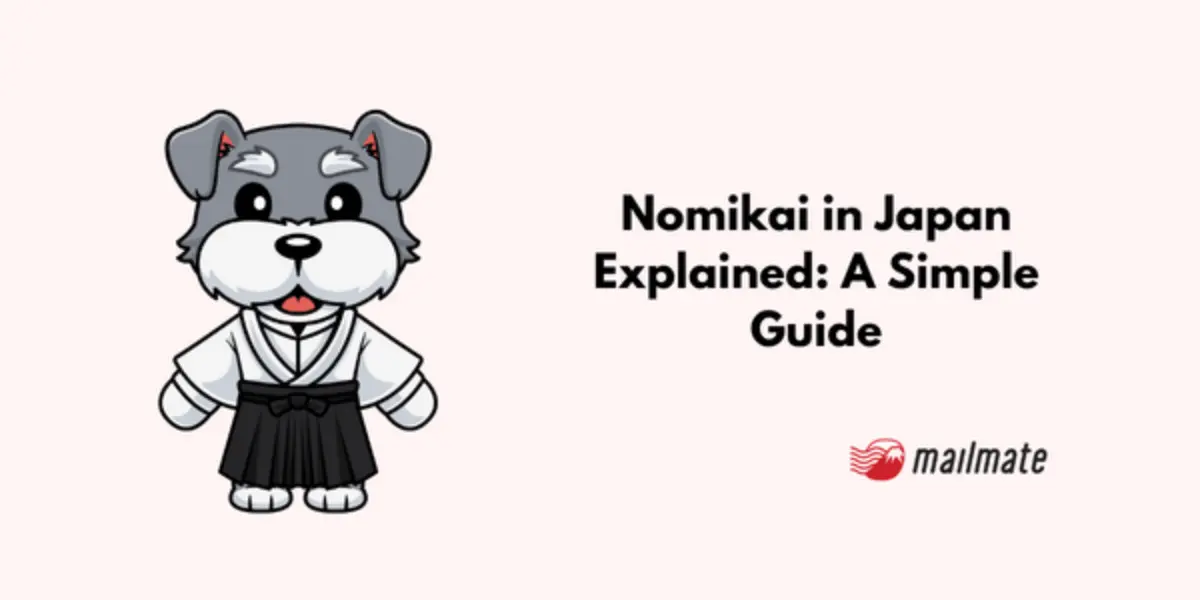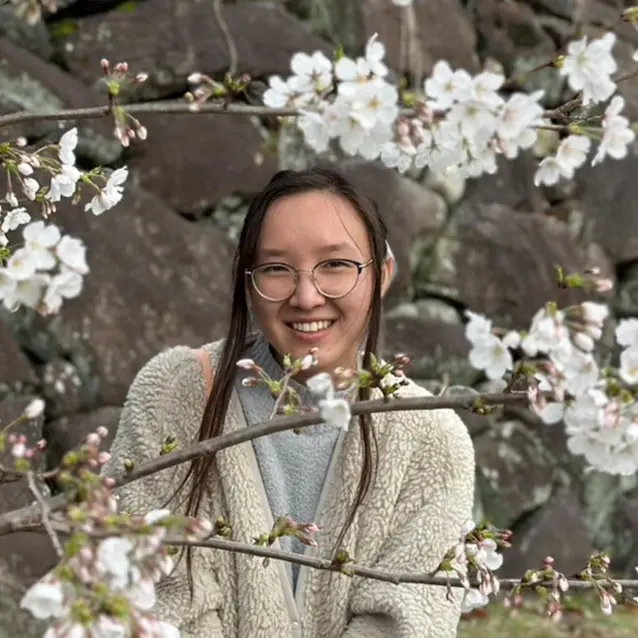Nomikai in Japan Explained: A Simple Guide

If you are working or are considering working at a Japanese company, then you’ve probably heard of the term, “nomikai.”
There are a lot of cultural rules and nuances when it comes to nomikais, and we are here to help you out on this journey.
What is a nomikai?
Nomikai is the pronunciation of the Japanese word 飲み会. To break down this word, 飲み is the conjugation of 飲む, which means to drink. This kanji, 会, has a few meanings including meet, meeting, party, and association.

The best transition of 飲み会, or nomikai, is a drinking party.
The different types of nomikai
There are many types of nomikai in Japan from formal to casual. So, let’s briefly take a look at the most common ones.
Bonenkai (忘年会 = ぼうねんかい)
The straight translation of bounenkai is “forget-the-year party,” and this event is held at the end of the year to reflect on the past and forget about it.
Shin-nenkai (新年会 = しんねんかい)
This nomikai is closely held after or with bonenkai, and it is to celebrate the upcoming new year.
Sobetsukai (送別会 = そうべつかい)
Also known as a farewell party, sobetsukais are thrown for someone leaving or transferring to a new workplace.
Kangeikai (歓迎会 = かんげいかい)
Kangeikais are welcome parties for those who are joining the company. It is an easy way to get to know your coworkers, managers, and bosses.
Additionally, there are many similar versions of nomikai that don't involve the workplace, such as being part of a university club or circle, a group of friends, a sports team, etc., and they each have their own terminology.

An online nomikai to drink and bond together
Happy hour, wine night, and cocktail parties can be categorized as nomikai.
Why have a nomikai in Japanese business?
Nomikai is usually associated with Japanese business and corporate culture, and there are 4 main reasons why:
1. Team bonding
Informal settings such as restaurants and izakayas allow coworkers to interact, share stories, and overall make connections with each other.
In the hierarchical system of Japanese business culture, these interactions break down barriers and create camaraderie leading to better teamwork and understanding for the future.
2. Stress relief
The Japanese work environment is known for having long working hours and high-stress levels. So, nomikais provide a break from the daily grind to let employees unwind.
While office chit-chat does occur, being able to talk about unrelated work topics such as hobbies, personal interests, and life outside of work humanizes everyone and creates a feeling of community.
3. Hierarchy flattening
Because of the setting and overall atmosphere of nomikai, the hierarchical structure in Japanese companies becomes more relaxed, allowing senior employees to interact with the junior staff on a more casual level. These interactions can increase a sense of belonging with everyone.
4. Celebrate milestones
Many drinking parties are used to commemorate milestones, such as welcoming parties, farewell parties, promotions, and when a project is completed. These drinking parties are a great way to celebrate these achievements.
How can I organize a nomikai?
Organizing a nomikai in Japan is very common. Here are some tips and steps:
Decide the purpose.
Pick a place.
Set a date and time.
Know who is coming.
Send invitations and reminders.
Reserve and place food orders.
Enjoy and connect.
What is the etiquette for nomikais in Japan?
Regarding traditional etiquette for nomikais in Japan, here are some general rules:
Arrive on time and greet everyone.
Pour for others.
To cheers, say “kanpai.”
Share the food.
Engage in conversations.
Respect your senior workers.
Limit cell phone use.
There are specific customs and expectations at nomikai that will vary depending on the people, so it’s best to follow what your other Japanese coworkers are doing.
Frequently asked questions
What happens if I don’t drink at nomikais?
While many will have beer or sake at nomikais, there is no official rule about needing to drink something alcoholic. Many places will serve non-alcoholic beverages such as non-alcoholic beers, mocktails, soft drinks, and teas so that everyone can enjoy the nomikai experience.
Is nomikai important in Japanese culture?
Yes, nomikai are an intrinsic part of the Japanese work-life. Nomikai adds value to one's professional life and can lead to you becoming closer to your coworkers.
What is the difference between nomikai and enkai?
Nomikai, 飲み会, means drinking party. While enkai, 宴会, means dinner party and is more socially formal and fancier.
What is a nijikai?
Nijikai, (二次会), means second meeting. But in the context of nomikai, it can mean an after-party or a second party where employees can continue to drink and eat at another location.
In closing
The concept of nomikai is tied to Japanese business as a way for employees to bond, get rid of stress, and celebrate milestones after working hours. While it won’t lead to an overnight promotion, taking part in a nomikai will add value to you by creating a positive relationship and a better sense of community with the colleagues at your workplace.
Spending too long figuring out your Japanese mail?
Virtual mail + translation services start at 3800 per month. 30-day money-back guarantee.

